For recovering teetotallers, like me, Thinking Drinkers is the perfect Edinburgh show. On stage, two sprucely dressed actors perform sketches about booze while a team of well-trained ushers race around plying the audience with strong liquor from plastic beakers. In under an hour, I swallowed a can of ale chased by vodka, gin, rum and Irish whiskey. It’s a decent show but, for obvious reasons, forgettable.
Nina’s Got News is the first fringe play written by Frank Skinner. Nina has split up with her besotted boyfriend, Chris. When he answers a summons to her flat he’s hoping for a valedictory romp. But Nina has asked her best pal Vanessa over and the three chums engage in amusing wordplay as they try to place their friendship on a new footing. Then a shock announcement. Nina has started to levitate. In recent weeks, she claims, she has spontaneously rocketed ceiling-wards on several occasions. Vanessa wants to see Nina’s gravity-defying skills in action and she ushers the human weather-balloon next door. Chris stays put, hoping to sneak a look at Nina’s diary. Vanessa re-enters and declares that Nina has indeed performed a feat of indoor aviation. Then comes another shock. A second character claims to be in possession of magical powers. And at this point the drama collapses into irrelevance and trickles away into a useless deadend. What a pity. Skinner’s characters are smart, likeable types and his dialogue never fails to sparkle. Yet the play feels like homework dashed off against the clock. With more discipline and industry Skinner could be the new Alan Bennett.
Diary of an Expat is a monologue by an Italian migrant living in London. She cherishes the EU’s dream of a borderless paradise but she exhibits unwitting national prejudices of her own. She chastises the English for serving her instant coffee, and she changes her name from Cecilia to Kate because she can’t bear to hear Londoners mispronounce the original. Brexit traumatises her. She describes a recurring nightmare in which the streets are filled with fascists (although she omits to mention where fascism was born). Her application for British residency involves fees that are so high she’s obliged to delay buying a car. That she equates UK citizenship with material possessions is understandable and revealing. Her high-minded quest for international fraternity is nothing to do with it. It’s about avoiding public transport.
Songwriters who can’t sing call themselves performance poets. Jess Green, a Labour activist, delivers an hour of rhyming invective and personal comment on Jeremy Corbyn’s plan to turn this country into heaven on earth. Green has a marked antipathy to women. She retains bitter memories of unpleasant girls at school; she devotes an entire song to a female neighbour whose musical tastes she disliked; and she attacks Nicky Morgan, the former education secretary, while sparing Morgan’s predecessor, Michael Gove. Her show ends with a threat. ‘You’d better not let me down, Jeremy,’ she growls. This suggests that even the messiah is being singled out as a potential traitor. Green offers an interesting glimpse into the socialist mindset. Many lefties are afflicted by a streak of misanthropy which they hope the revolution will cure. On the contrary, the revolution merely enlarges the scope for misanthropy to express itself.
The comedian Nick Hall delivers a dramatised lecture about Spencer Perceval (d. 1812), the only British prime minister to have been assassinated while in office. A great subject but Hall declines to take it seriously. His larky act includes the revelation that Perceval’s huge brood of children included two with the names Wayne and Jed. After 30 minutes, Hall backtracks and admits that he’s embellished the truth for fear of alienating his audience with the story of a Conservative toff who was elected to a Tory constituency. More trust in the material might help.
‘That Woman!’ was the Queen Mother’s code-name for Wallis Simpson. Melissa Jobe delivers a superb impersonation of the duchess. Elegantly attired in a gold tunic and skirt, she captures her subject’s poise, her earthy sexuality, her astute intelligence and her ambition. There’s a tad too much history here especially for those with a limited interest in Baltimore society in the 1920s. During her first marriage, Wallis embarked on a tour of China where her mastery of the language extended to a single phrase: ‘Dear boy, bring the champagne.’ The story moves to Europe in the 1930s and here some of the key personalities are missing. Churchill isn’t mentioned. Nor is Hitler, whom Wallis met in 1937. She described him vividly in her memoirs as cold, charmless and quite indifferent to women. The show has one great selling point. It analyses the Palace’s ruthless professional malice when it comes across an interloper whose interests appear inimical to its own. Meghan, beware.
Got something to add? Join the discussion and comment below.
Get 10 issues for just $10
Subscribe to The Spectator Australia today for the next 10 magazine issues, plus full online access, for just $10.
You might disagree with half of it, but you’ll enjoy reading all of it. Try your first month for free, then just $2 a week for the remainder of your first year.

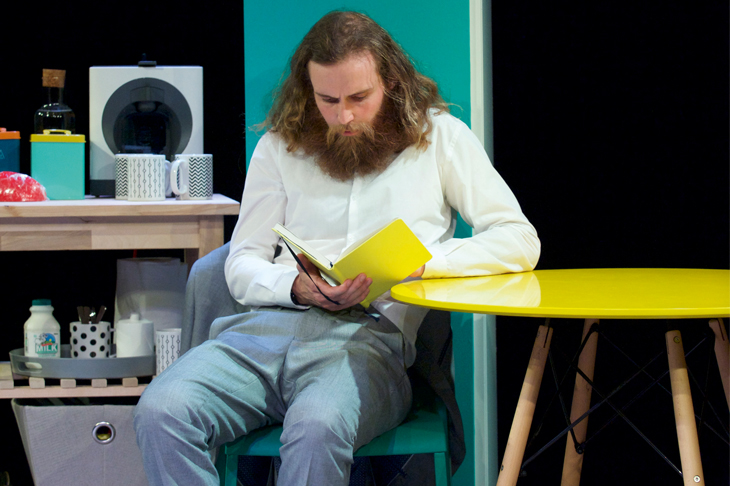

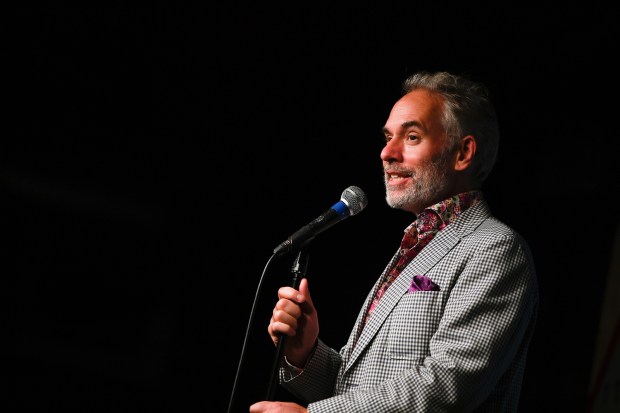
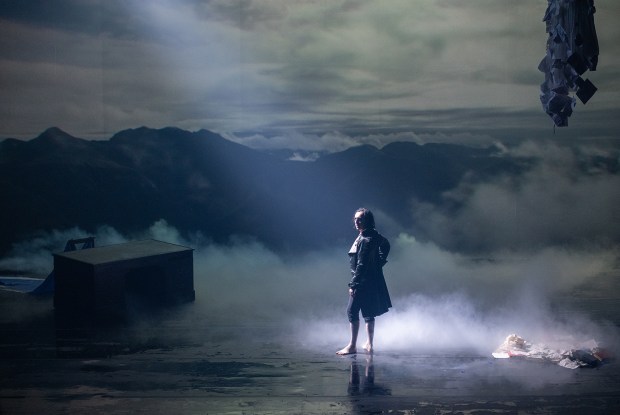

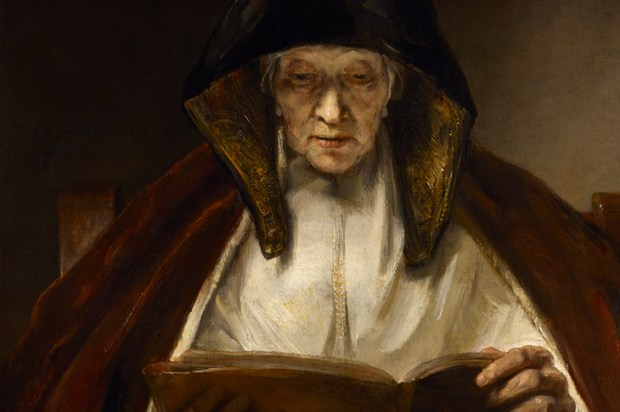
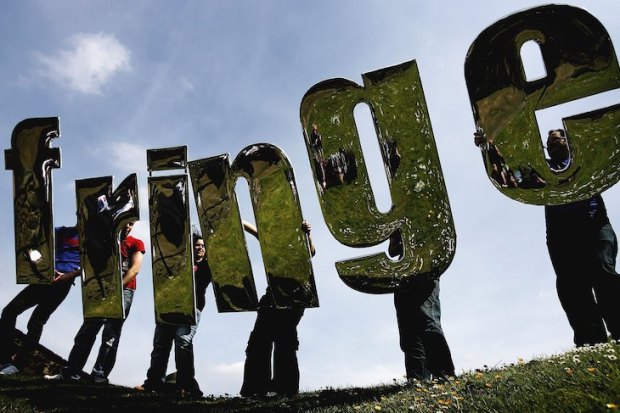






Comments
Don't miss out
Join the conversation with other Spectator Australia readers. Subscribe to leave a comment.
SUBSCRIBEAlready a subscriber? Log in